Ethereum: Why does Armory enforce a minimum transaction fee?
Ethereum: Why Does Armory Enforce a Minimum Transaction Fee? When it comes to sending coins online, users have several options at their disposal. Bitcoin.org, the official client of the popular cryptocurrency, allows users to set transaction fees to a maximum of 1,000 satoshis (approximately $2.50 USD). In contrast, Armory, a decentralized wallet and tool suite […]
Ethereum: Why does Armory enforce a minimum transaction fee? Read More »
